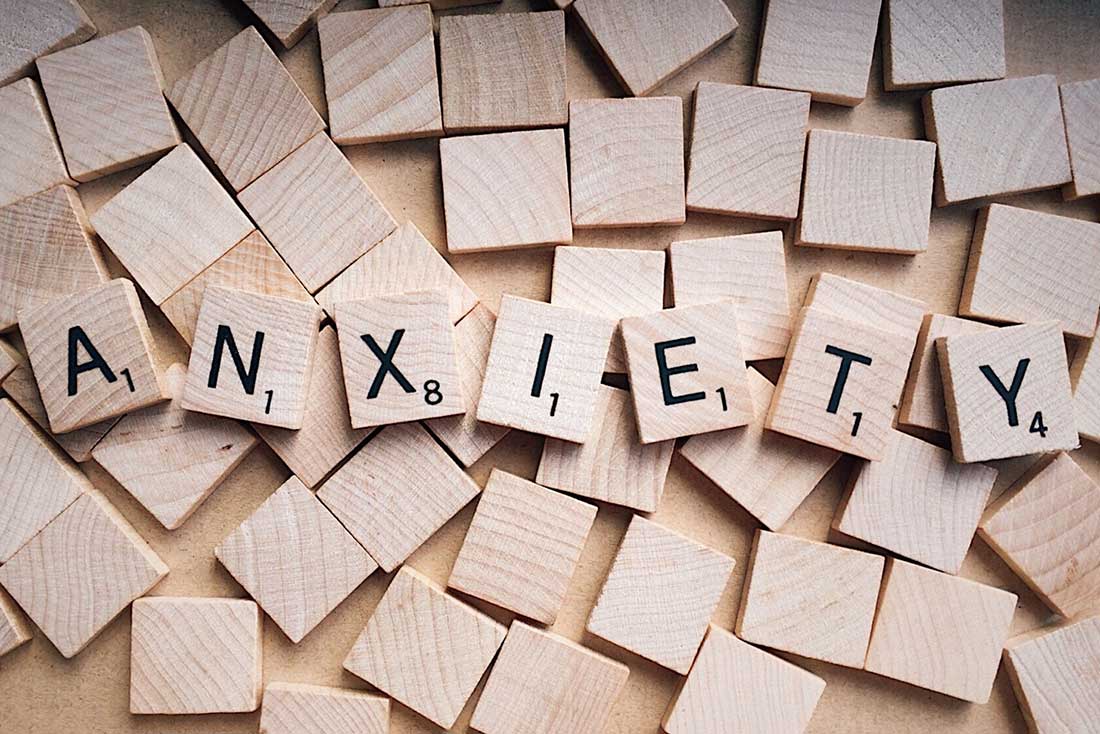
- September 29, 2022
- By Content Writer at The Center for Developmental Psychiatry
Is Anxiety Medication Safe for Teens?
Did you know that one in three children between the ages of 12 and 18 will experience an anxiety disorder?
Once they are over 18, that number doesn’t go down. In fact, over 40 million Americans suffer from anxiety. About 13% of that statistics are on antidepressants to help with their anxiety as an anxiety treatment.
But is anxiety medication safe for teens to use? We dive into that question and more in this article. If you’re curious, keep reading!
Types of Anxiety Teens May Experience
There is not just one type of anxiety that someone may experience, whether an adult, a child, or a teenager. There are several to look out for. Here are the most common anxiety disorders that a teenager may experience.
Generalized Anxiety
Generalized anxiety is anxiety about general things in someone’s life. A child may seem stressed or worried during their daily lives if they suffer from generalized anxiety. They may also experience the following:
- Difficulty concentrating
- Fatigue
- Irritability
- Muscle tension
- Restlessness
- Sleep difficulties
- Stomachaches
These are all signs of anxiety in children. While having some anxiety is natural for children, having too much anxiety is not.
If your child is getting sick before every test at school or worries constantly about the homework they have to do, they may have generalized anxiety.
Social Anxiety
Social anxiety is a lot like what it sounds like. People become uncomfortable or nervous in social settings, potentially even avoiding them. The most common signs are clinging to someone they know, fearing new things, or refusing to speak in group settings.
Teens may portray social anxiety in a different way than other age groups. They can be hesitant, quiet, keep their head down, or exhibit nervous habits like fidgeting.
They most likely will not participate in class, may not want to go to school, won’t ask the teacher for help, and is uncomfortable on a daily basis at school.
Even outside of school, they may not want to hang out with more than one friend at a time, may speak quietly, or may avoid eye contact.
PTSD
Post-traumatic stress disorder occurs in children who have been through some type of trauma or experience that generates fear or anxiety in them.
An example could be a child of a neglectful or abusive parent experiencing anxiety at times that remind them of the situation.
Types of Anxiety Medications for Teens
There are a few different treatments for anxiety disorder. Most of the time, these are anxiety medication or therapy, or a combination of both.
SSRIs and SNRIs
Selective serotonin reuptake inhibitors (SSRIs) are the most popular medication for anxiety in teens. They work by blocking the reabsorption of serotonin in the brain, which should help with regulating fear and stress in their lives.
Benzodiazepines
Benzodiazepines are typically less common and only prescribed for a short period of time because they may have some additional risks, like the risk of becoming dependent on them.
Sudden stopping of this class of anxiety medication can also cause seizures.
Tricyclic Antidepressants
If SSRIs are not effective, a doctor may prescribe a tricyclic antidepressant. However, this is not a common prescription as there are risks associated with taking this medication as well.
One of the biggest risks is developing cardiac abnormalities. People who take TCAs may require EKGs to monitor heart health while on it.
Side Effects of Anxiety Medication
As you can see already, there are quite a few side effects of anxiety medication. While some are not severe, some are. Here is a list of the most common types of side effects:
- Dizziness
- Dry mouth
- Excessive sweating
- Headache
- Nausea
- Changes in sexual function
- Constipation
- Insomnia
- Loss of appetite
- Fatigue
However, there are more severe side effects, like increasing the risk of suicide in teens who take these medications. While no suicides happened during studies, suicidal behavior and suicidal thinking increased in some of the participants who were taking the medication.
Because of this risk, there are FDA warnings on all of these medications for this reason. However, after these warnings came into effect, there were actually more suicides than before the warnings were put in place.
So Are They Safe for Teens?
The answer to this question is technically up to you and your doctor to discuss.
There are pros and cons to weigh from both sides – taking the medication or not taking it. While anxiety medications do have side effects and could potentially increase suicidal thoughts, they can also drastically improve the anxiety itself in teens.
Having a conversation with your doctor about what is right for your child may be the best option. At the end of the day, the choice is yours to make for your child.
Anxiety Medication: Is It Safe for Teens?
Anxiety medication has a lot of great things about it and side effects, like most medications out there on the market.
With so many teenagers suffering from anxiety, different types of anxiety medication have been used to treat anxiety disorders. And for the most part, the medication does help!
However, there are some side effects that may affect everyone differently/ It is best to have a conversation with your teen’s doctor to know if them taking the medication is the best option for them or not.
If you are ready to schedule an appointment with a doctor for anxiety, we can’t wait to have you at the Center for Developmental Psychiatry! Schedule an appointment today.